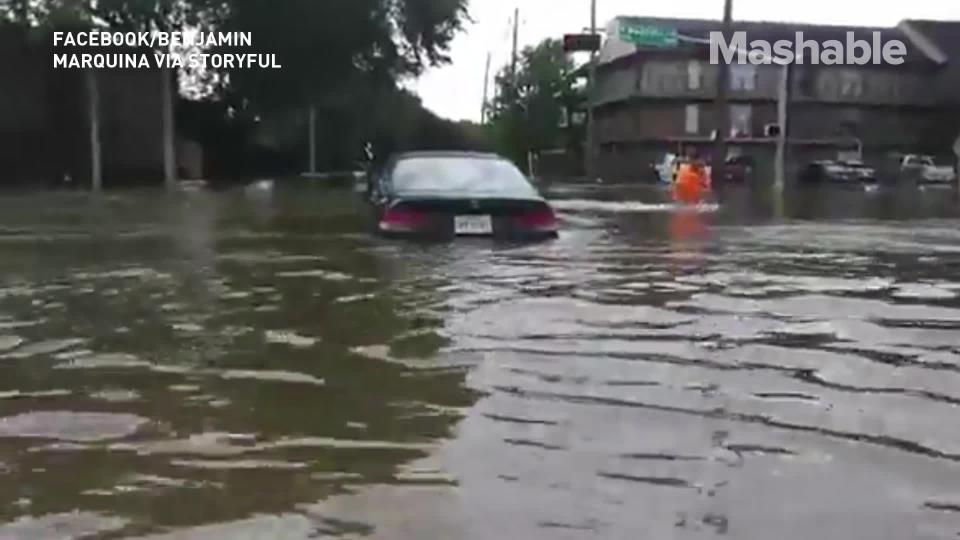Japan woke up to a terrifying text alert

Around 5:58 a.m. local time, North Korea fired a missile over Hokkaido, Japan, and shortly thereafter, the country's J-Alert warning system kicked in and delivered the chilling news to the smartphones of millions residents of Japan.
SEE ALSO: Nuclear war with North Korea 'would be suicidal', climate experts warn
One Twitter user based in Japan posted an image of the alert that came in, which read, "A missile was fired from North Korea. Please evacuate to a sturdy building or basement."
Alarm from JP Gov. "A missile was fired from North Korea. Please evacuate to a sturdy building or basement." #northkorea #Japan pic.twitter.com/38NNCteqY2
— Chiho komoriya (@Chihokomoriya) August 28, 2017
In a later tweet, the same user posted a follow-up message from the alert system which read, "A North Korean missile passed over this area. If you find suspicious things, please never touch them."
Alarm from the JP Gov again. "A North Korean missile passed over this area. If you find suspicious things, please never touch them." pic.twitter.com/EbYioe2VpZ
— Chiho komoriya (@Chihokomoriya) August 28, 2017
Because the launch occurred so early in the morning, either before most were awake, or while many were getting ready to leave for work or school, there wasn't much chatter on social media at first. But soon after, the term "missile," written in Japanese katana (ミサイル) began trending worldwide, indicating that the planet's internet-connected pulse had begun registering the unusual event.
North Korean missile flight path, per NHK pic.twitter.com/ikfUC7lKnJ
— Anna Fifield (@annafifield) August 28, 2017
Over the past couple of decades, it's become fairly common for North Korea to lob missiles into the Sea of Japan, off the western coast of Japan itself. But its provocations don't usually include missiles that actually pass over the country.
In light of the recent war of words between U.S. President Donald Trump and North Korean leader Kim Jong-un, some are viewing this latest missile launch as an escalation that could have dire consequences if the U.S. and Japan decide to retaliate.
However, even these close calls aren't without precedent. In 1998 and 2009, Japan experienced similar North Korean missile launch flyovers that both landed missile debris in the Pacific Ocean off the eastern coast of Japan.
Whatever the next move is from either country, these J-Alert mobile texts — the same that delivered frequent warnings during the 2011 Tohoku earthquake, which resulted in major aftershocks, tsunamis, and the Fukushima nuclear disaster — will likely keep Japan on edge for at least the rest of the week.
WATCH: Hurricane Harvey is the strongest hurricane to hit the US in 12 years


